Top Eczema Triggers to Avoid
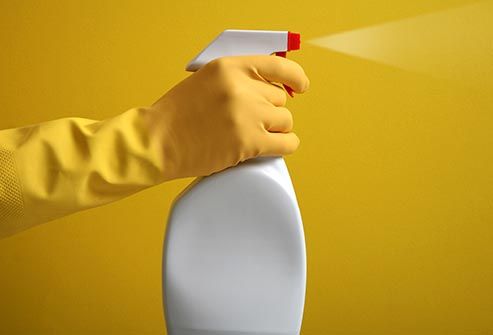
1/12
Some Chemicals
To steer clear of those that can make eczema itchy and to keep your skin happy:
- Wear cotton-lined gloves when cleaning.
- Don't use air fresheners, perfume, or scented candles.
- Stay away from smoke. If you light up, now is a great time to kick the habit.
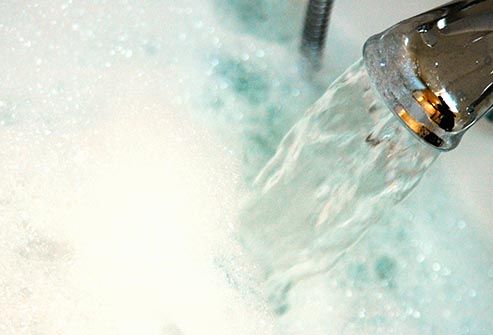
2/12
Hot Water
Keep it lukewarm or cool, so your skin stays calmer after handwashing and showers. When you’re done, gently pat your skin -- don't rub -- until it’s just damp. Then, slather on thick lotion right away to lock in moisture. Check the ingredients label of your lotion. If you’re allergic to wool, lanolin will irritate your skin. No wool allergy? Lanolin helps.

3/12
The Sun, Sweat, and Sunscreen
You can be out in the sun, but your skin may not like getting hot and sweaty. If so, stay cool and seek out shade. Always wear sunscreen. Sunburns inflame your skin and can lead to an eczema flare. If you’re sensitive to sunscreens, block out burning rays with mineral versions, like zinc oxide or titanium dioxide. Sunscreens made for the face may also give you gentle protection.
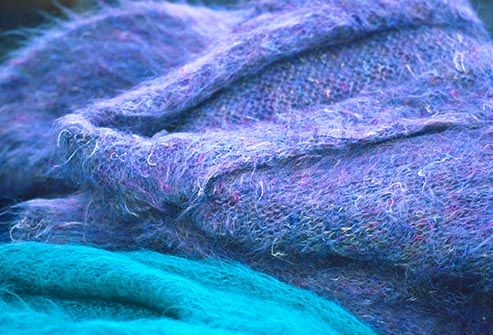
4/12
Some Clothes
Loose, breathable cotton clothes may be your best bet. Wool and mohair can be prickly. Synthetic materials like polyester, nylon, and rayon can make you sweaty. Wash clothes before you wear them to help get rid of dye or chemicals used to keep them wrinkle-free at the store. Do you dry-clean? Take the plastic bags off and air them out for 24 hours if the chemicals bother you.
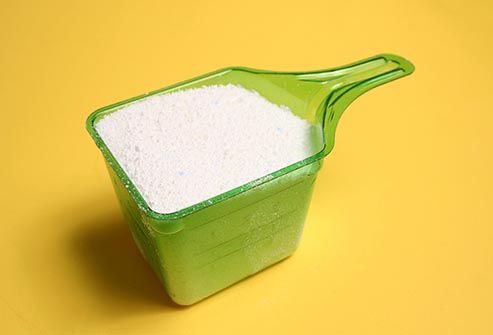
5/12
Detergents, Soaps, and Shampoos
When you wash your body or your clothes, think gentle. Choose laundry detergent made for babies or sensitive skin, like fragrance-free types. Use only the amount suggested. If needed, rinse them twice. Skip fabric softeners and scented dryer sheets. For showers, pick a non-soap cleanser that is mild and fragrance-free. Shampoos are also available in clear, pH neutral, fragrance-free versions.
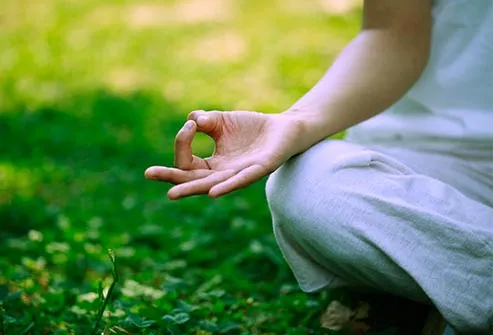
6/12
Stress
Flaring? Try relaxation techniques like yoga, meditation, deep breathing, or biofeedback. Anxiety and stress can make skin conditions like eczema worse. How? When you’re tense, your body’s stress hormones cause inflammation that irritates your skin. Even physical stress, like when you're fighting a cold, can take a toll. So take good care of yourself and make it a habit to get enough sleep.
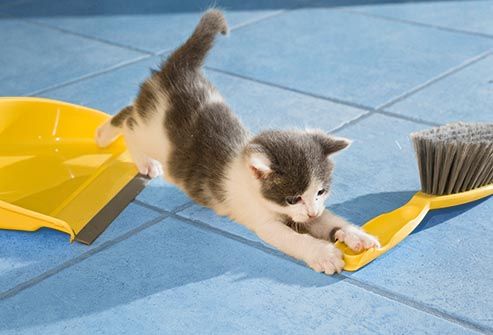
7/12
Allergies
If you’re allergic to pollen, pet dander, dust mites, and mold, try to avoid them. At home, dust and vacuum regularly, and wash bedding weekly in hot water. If possible, get rid of heavy drapes and carpeting. If certain chores irritate your skin, ask for help or hire some. If you still have allergy woes, talk to your doctor about other ways to get relief.
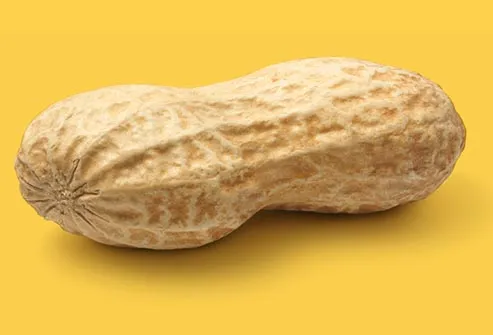
8/12
Food Sensitivities
Some studies show that these might make eczema worse -- especially for babies and children. Peanuts, milk, soy, wheat, fish, and eggs are the most common culprits. Because kids need a well-rounded diet, don't stop giving them foods you think might cause eczema flares. Talk to a pediatrician or dermatologist first. They can do tests for problem foods.
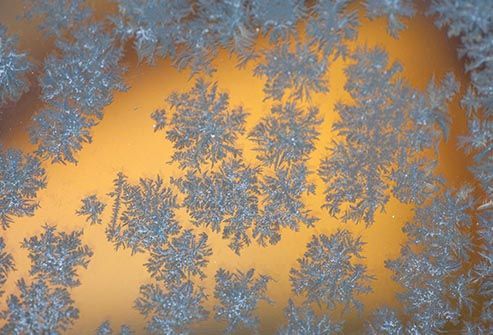
9/12
Dry Air
Does your skin get worse in the winter? The heater in your home keeps you warm, but it can suck the moisture out of the air. You’ll want to moisturize your skin regularly. If you live in a dry place, consider using a humidifier. If you do, clean it as directed, at least once a week. Mold can thrive in humidifiers and make eczema worse for some people.
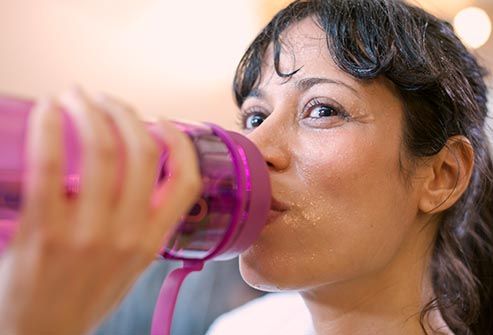
10/12
Exercise and Sweat
Working out is great for you and can ease stress. But sweat from exercise can aggravate the skin. Don’t quit! To keep cool, take breaks during workouts, don’t over-dress, and sip water when you get hot. Try exercising indoors or during cooler parts of the day. Remember to gently dab off sweat. Swimming can also help keep you cool, but be sure to shower and moisturize afterward since chlorine may be irritating.
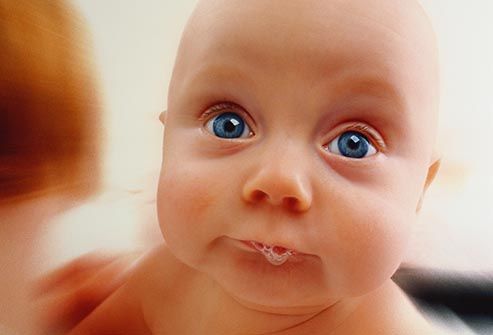
11/12
Drool and Saliva
To prevent patches of eczema on your baby’s cheeks, chin, neck, and around her mouth, smooth on a thick layer of moisturizing ointment before she eats or sleeps.
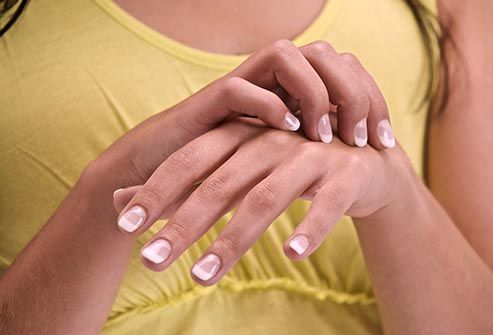
12/12
Skin Infections
Are you itching worse than normal? Do you have more red patches? See your dermatologist. If you have a bacterial or yeast infection on your skin -- like staph or candida -- it can make your eczema flare. A doctor can prescribe antibiotics to help with bacterial infections and antifungal medicines to help yeast infections. That will tame the flare, so you feel better.
- Obtener vínculo
- X
- Correo electrónico
- Otras apps
Comentarios